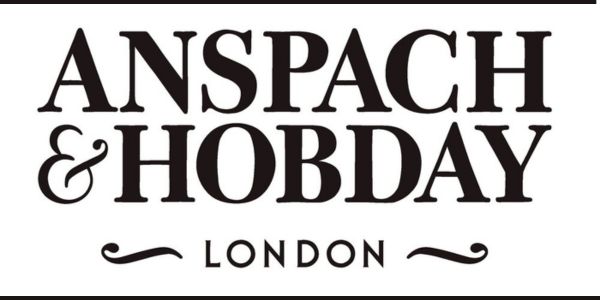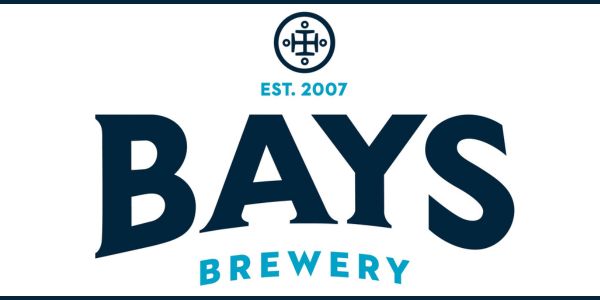Dan Finn, corporate lawyer and head of the breweries and beverages team at Brabners, sets out some of the legal considerations for opening up a new hospitality site.

The Hospitality Market Monitor has stated that almost 23,000 licensed businesses have closed their doors since 2020, and it’s apparent that many others are sadly teetering on the edge of closure.
However, in the same period almost 12,000 new licensed premises have opened, many for the first time, and although this presents vast opportunities and shows that there is plenty of life left in British leisure and hospitality, there are some key legal considerations and potential pitfalls for first-time pub, bar, and taproom owners to be aware of.
When setting up a new establishment, one of the first considerations should be how the business will be legally established. A business can be set up as a sole tradership or company.
Setting up as a company can offer greater protection. The business will be a separate legal entity that can incur borrowing, litigate against third parties, own property, and enter into contracts in its own name. Crucially, the owner will not be personally liable for any debts of the company, whereas a sole trader will be personally liable for the debts of the business and can be sued for any breach of contract, so they potentially face far greater exposure if, unfortunately, the business falters and needs to be wound up.
There are different tax regimes for companies versus sole traders. A brief summary is that companies will pay corporation tax on profits and shareholders can draw earnings either through salary, attracting income tax, dividends which will be subject to dividend tax rates, or a combination of the two, which is often the preferred route to maximise available allowances. In contrast, sole traders will pay income tax on their profits based on prevailing income tax rates.
The two main types of financing are debt finance, in the form of a loan from a bank or family/friends, or equity finance, when shares in the business are issued for investment monies. The investor will then expect to receive a slice of the company’s profits and participate in its future success.
In either scenario, an experienced solicitor will be best placed to advise on the terms and ensure that your interests are properly protected, and that the terms of any loan or investment are reasonable.
Whether you intend to buy a freehold or leasehold premises from which to run the business, you should certainly instruct a solicitor to undertake essential searches and title investigations to check the property can be used for the business you plan to run from it, and that all relevant utilities are in place.
Similarly, there are commonly clauses and restrictions contained in the purchase contract or lease, such as dilapidation and reinstatement provisions, where you may be liable to reinstate to the condition you bought the premises if you make any changes to the décor. These need to be considered and can possibly be watered down through negotiation.
There might also be planning permission restrictions such as specific operating hours or limits on noise, so it is essential proper advice is taken to ensure the property isn’t going to be unworkable and doomed from the outset.
A pub, bar, or taproom will need a premises licence in place for the sale of alcohol on site, and also food if applicable, and likewise might need approvals in place for any planned entertainment (live music, sports viewings etc). A licensed premises will usually also need a designated supervisor, who will be responsible for the sale of alcohol. They will need to understand their role and obligations in this regard.
A solicitor can talk you through the process, fees, and any applicable restrictions to ensure there are no delays in getting your new venue up and running. Likewise, if there are any objections raised in relation to an application, a solicitor with licensing expertise will be best to provide evidence to the local licensing committee as to why the licence should be granted.
It’s a legal requirement to have employment contracts in place for all employees, and the more robust the drafting, the less likely issues or employment claims will arise later.
There is also a new obligation on employers in the hospitality sector to ensure tips are distributed fairly, following the introduction of the Employment (Allocation of Tips) Act 2023. Employers are now required to have a system in place to ensure that 100% of tips and service charges are passed on to employees, and employers must implement policies that allocate these payments in a fair and transparent manner.
Publicans and barkeeps will, of course, need to be mindful of the tax regimes applicable to their business, including VAT, PAYE, corporation tax, and draught relief, among others and while a solicitor can provide general advice, we would suggest speaking to an accountant at the outset to ensure compliance.
Dan Finn is corporate lawyer and heads up the breweries and beverages team at Brabners, a full-service law firm and B-Corp, with an extensive track record in acting for multi-site operators in the hospitality and leisure sector.











